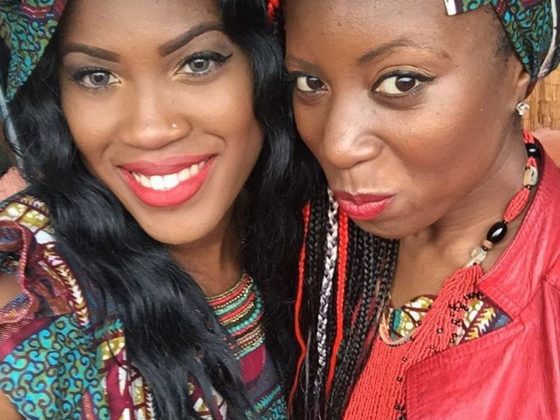Matador was hosted for a weekend by Hilton Head Island Tourism and was blown away by the local Gullah culture.
In the late seventieth until the mid-eighteenth century, thousands of Africans taken as slaves from what is now Sierra Leone survived the middle passage to be traded in Charleston, South Carolina.
Thousands of acres in the Georgia and South Carolina Lowcountry and the Sea Islands were developed as rice fields. Those from West Africa brought a strong rice farming skill set with them, as well as heightened immunity to the malaria and yellow fever which began to run rampant throughout the area.
